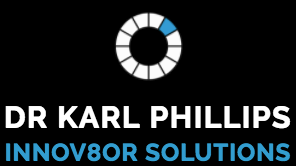Skill
Skill
Establishing a clear vision, sharing it with others so that they will follow willingly, then providing information, knowledge, methods and resources to realise that vision, whilst having the capacity to be aware of, control and express one’s emotions, and to handle interpersonal relationships judiciously and empathetically
Competency
Competency
Specialist
Competency Level
Competency Level
82%
Knowledge (Theories, Ideas & Concepts)
Through Professional/Personal Study Gained Through Experience
Skills & Application of Knowledge
in Real World Situations
Together with Responsibilities/Accountabilities
Selected Challenges & Approaches
Together With lessons Learnt
Selected Achievements & Successes
Together with Any ‘So What’ Statements of Insights
